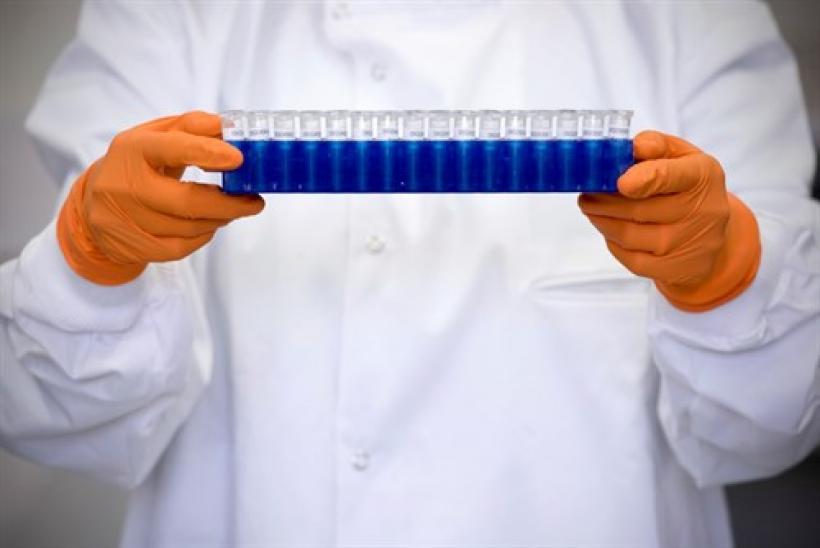Rare Disease Day: Requirement to raise awareness of rare disease in children
As Rare Disease Day approaches, Lucy Jenkins Director of the Regional Genetics Laboratories and Head of Service for Molecular Genetics based at GOSH reports that “Taken collectively, ‘rare’ diseases are, in fact, quite prevalent. With over 6,000 rare diseases, one in 17 people will be affected in their lifetime. Rare diseases can also affect children, and very sadly, 30 per cent of patients with rare diseases will die before their fifth birthday,”
A rare disease is a condition, often caused by a genetic defect, which affects fewer than 5 in 10,000 of the general population and includes diseases such as childhood cancers, cystic fibrosis and muscular dystrophy. However, several conditions that are seen in relatively low numbers around the world and are classed as a rare disease have high prevalence in the Middle East.
Reports state that there is an urgent need to raise interest in genetic testing and research in Kuwait and other Arab countries. The number of individuals identified with rare disease is continuously increasing because of high consanguinity and the improvement of diagnostic methods in health care centres in the Arab world.
To address this urgent need, this year’s theme for Rare Disease Day is ‘with research, possibilities are limitless’. In line with this theme, Lucy Jenkins believes that research underpinned by translation into service is key in unlocking the answer to many rare diseases and will, in turn, help an increasing number of patients from the MENA region.
“In the future, we hope to see more rare and genetic diseases mapped out through research so that clinical scientists like myself can provide a diagnosis for even more families worldwide.” said Lucy Jenkins. GOSH is home to 19 nationally commissioned services for rare diseases and helped to treat nearly 100 children from the Middle East with immunology problems last year. Furthermore, collaboration between the UCL Great Ormond Street Institute of Child Health, GOSH and between researchers and experts in the Middle East will further advance the field.
An example of research offering new hope to young patients with rare diseases can be seen in the recent breakthrough case of four-year-old Khalifa Al Qemzi from the UAE who was one of the first children in the region to be treated using the pioneering technique of gene therapy at GOSH. At 6 months old, Khalifa was diagnosed with severe combined immunodeficiency (SCID); a primary immune deficiency caused by a genetic defect, which caused Khalifa to have very little or no immune system and unable to fight off infections.
After being diagnosed with SCID at 6 months old, Khalifa was transferred to GOSH aged 11 months, in order to evaluate the possibility of gene therapy to treat his condition. Over the course of a week, bone marrow cells were taken out of Khalifa, the faulty gene was corrected, and then given back. Seven months on from receiving gene therapy, Khalifa’s immune cells came back and his immune system is now functioning properly.
With 75% of rare diseases affecting children, Lucy Jenkins discusses the frustration families can have waiting for a diagnosis; “with the nature of rare disease, it may be that one doctor, or one institution may only ever see one patient with a rare disease and so they don’t necessarily know what symptoms to look for which means children are left undiagnosed and therefore, untreated.”
At GOSH, specialists see children from all around the world, including 1,500 children from the Middle East every year. Specialists gain exposure and work with children with complex rare diseases on a frequent basis. By specialising in treating a number of rare diseases and investing in pioneering research, the cumulative experience builds up over the years allowing experts to diagnose conditions and care for children in a safer and more effective way.
Quick facts on rare diseases:
- A disease or disorder is defined as rare when it affects fewer than 5 in 10,000 of the general population
- About 5000-8000 rare diseases are believed to exist around the world
- 75% of rare diseases affect children
- Arab nationals suffer from one of the highest rates of genetic disease in the world with an estimated 25 million people affected
- In Kuwait, a recent study shows that an average of over 65 out of every 1,000 diagnosed newborn babies suffer from genetic disease


